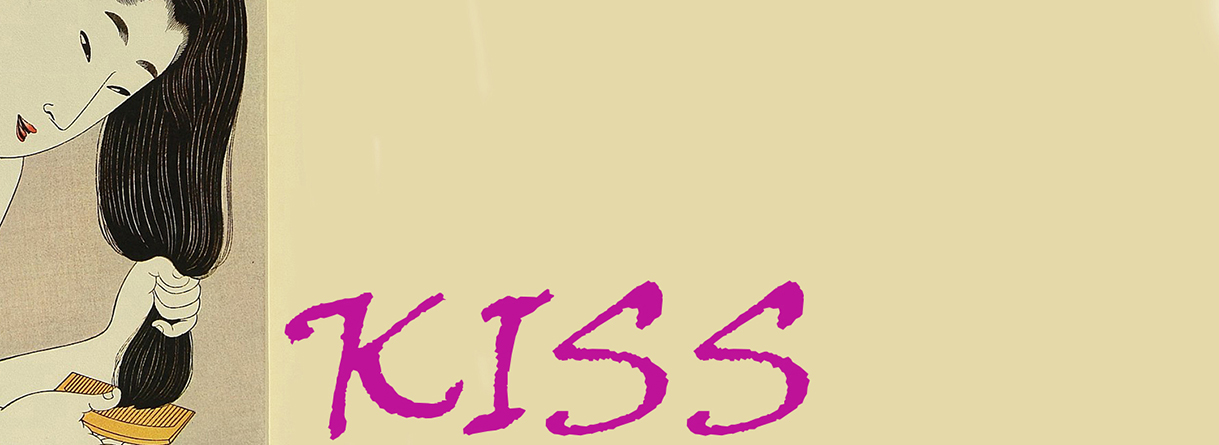 |
| The Philip Larkin statue at Hull Paragon station. Photograph: Alamy |
Philip Larkin
is far from forgotten in Hull
Letters
Monday 7 December 2015 19.38 GMT
What a pity that Mike Godwin (Letters, 3 December) spent the 30th anniversary of Philip Larkin’s death on a lonely pilgrimage to Larkin’s grave in Cottingham. If only he had thought a bit about it, he might have found his way to the Brynmor Jones Library at the University of Hull, where Larkin was librarian for 30 years. There he would have discovered more than 150 members of the Larkin Society, including his biographer James Booth and his formidable secretary Betty Mackereth, enjoying wine and food in their annual celebration of the great poet, surrounded by a wonderful exhibition of Larkin photographs.
As chair of Hull City of Culture 2017, I was invited to speak about “Larkin in the light of 2017”, and did so with the assistance of my cherished first edition copy of The Whitsun Weddings. The night was a joyous and totally unforlorn occasion, held in the building he loved. I suspect Larkin would have revelled in it. Next December, we shall all be at Westminster Abbey for the unveiling of Larkin’s plaque in Poets’ Corner. I suggest Mike Godwin comes along.
Rosie Millard
Chair, Hull City of Culture 2017









